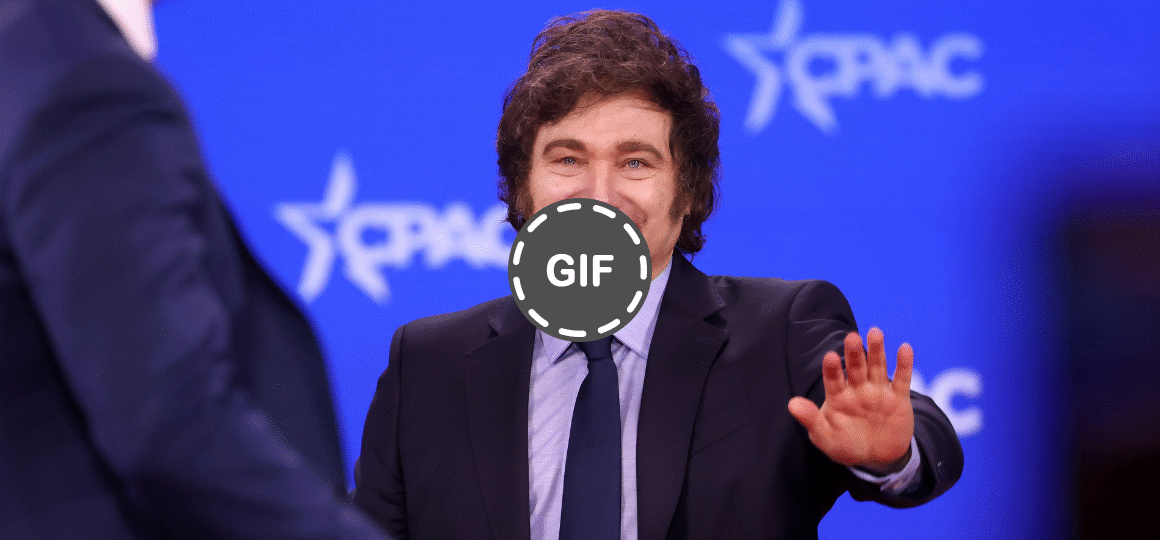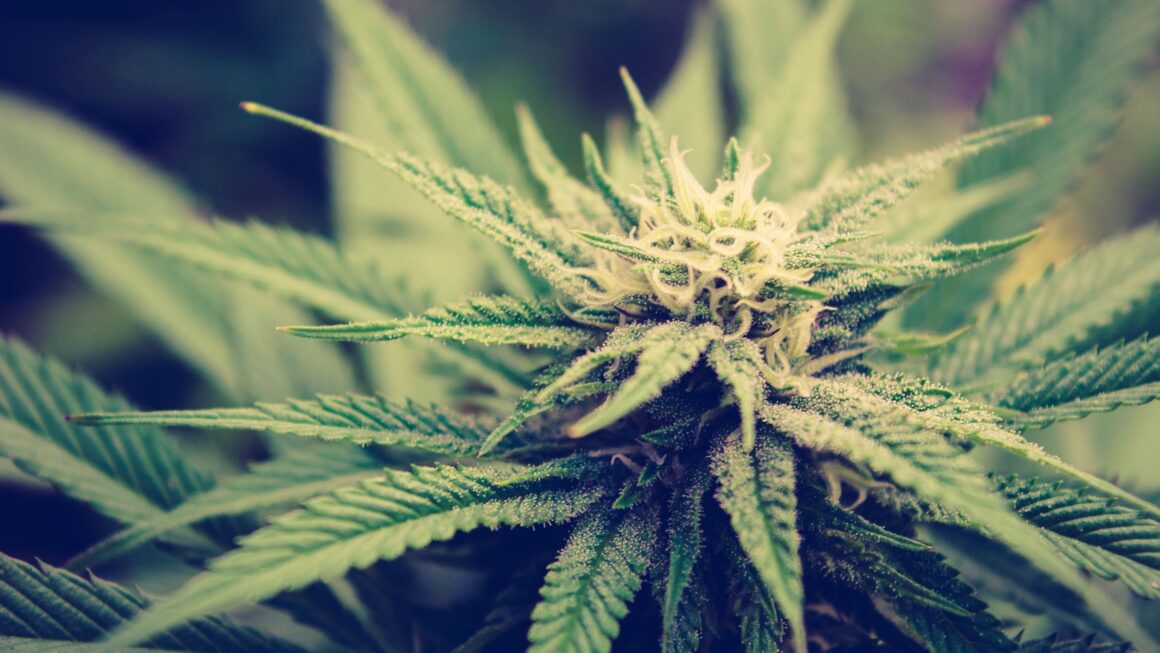By Brendan O’Connor
The cannabis industry is currently facing a brewing storm of rising tariffs, which are significantly increasing operational costs across the board. Currently, Chinese imports are subjected to a 30% tariff, but this is only locked in for 90 days. And with much of the US cannabis industry relying on imports from China for essential equipment, from vaporizers to packaging and cartridges, they’re seeing a direct financial hit.
Tariffs don’t just hit the bottom line; they ripple through the entire supply chain. Shipping costs climb because products have to take longer, less efficient routes. Customs delays and the scramble to find alternate suppliers create bottlenecks that can halt production.
Crucially, as costs pile up, the temptation to cut corners grows. This can inadvertently compromise product quality, safety, and compliance standards, leading to risks far more detrimental than a price increase.
Are Tariffs Putting Product Safety at Risk?
The rising cost of doing business, exacerbated by tariffs, presents a dangerous cost-cutting temptation for cannabis companies. Under pressure, some may be inclined to seek cheaper, potentially less reputable, suppliers or materials.
The subsequent fallout can compromise quality and compliance. For instance, inferior or even contaminated materials could enter the supply chain, introducing pesticides, heavy metals, or mold that threaten consumer health. In fact, over the last seven years, at least 220 cannabis product recalls were reported across 20 state agencies. Nearly 28% of these were due to microbial contamination—yeast, mold, or Aspergillus, which can make immunocompromised consumers seriously ill. And with budgets dwindling, this number could only get worse.
Furthermore, when companies start shaving costs on packaging, it’s not just the look of the product that suffers. Cheaper materials can let potency fade faster, shorten shelf life, or affect their child resistance, again, creating compliance and safety issues. The bigger worry comes when testing and quality checks get trimmed back. Reducing rigorous lab protocols to save money directly jeopardizes consumer safety, as untested products could harbor harmful contaminants or inaccurate cannabinoid profiles.
The reputational and legal fallout from such breaches is severe. One safety slip-up can mean recalls across dozens of dispensaries, lawsuits that bleed money, and reputation scars that last longer than any regulatory fine. And the hit to consumer trust, once broken, is as hard to fix. In a highly scrutinized industry like cannabis, product safety is not merely a compliance checkbox; it’s the bedrock of sustained success.
How Tariffs Are Forcing Cannabis Companies to Get Insured
In an industry once fueled by handshake deals and underground hustle, the fact that cannabis companies are now shopping for specialized insurance says a lot about how the market has changed. Tariffs aren’t just squeezing margins; they’re forcing businesses to think about survival in ways that would’ve sounded absurd a decade ago.
Take shipping delays. When a pallet of grow lights gets stuck in customs limbo, a whole crop can suffer. Or when packaging that meets child-resistance standards gets held up overseas, dispensaries risk empty shelves and compliance fines. These headaches mean that insurance is quietly evolving from a “break glass in case of fire” policy to something closer to a survival kit.
It’s not just about fires, theft, or storms anymore. Cannabis companies are turning to coverage for supply chain disruptions, transit delays, and even cyberattacks. That shift tells a bigger story: tariffs are reshaping cannabis into a more corporate, risk-managed industry.
Tariffs Are Changing the Industry’s Playbook
Cannabis operators are already making adjustments to survive the tariff squeeze. Some are scrambling for domestic suppliers or testing out new international partners in regions less burdened by trade barriers. Others are tightening their quality control, doubling down on in-house testing or third-party labs even as costs climb, a signal that cutting corners is simply too dangerous in such a scrutinized market.
Financial strategy has also become part of the culture shift. Companies are padding cash reserves, bracing for delays, and building financial shock absorbers to weather unpredictable shipping costs.
What emerges is a picture of an industry under pressure, but also one that’s maturing fast. Tariffs aren’t just another cost of doing business; they’re a pressure test on an industry that’s still finding its footing. From safety scares to unexpected insurance policies, cannabis is being reshaped by forces far beyond the grow room. How companies respond will decide not just who survives, but what kind of cannabis culture emerges on the other side.
Brendan has been dedicated to providing tailored insurance solutions that protect and empower cannabis businesses. With deep industry expertise and innovative strategies, Brendan ensures clients navigate challenges with confidence. Under his leadership, AlphaRoot has solidified its reputation as a trusted partner, providing comprehensive coverage and expert guidance to businesses in the rapidly evolving cannabis industry.
This article is from an external, unpaid contributor. It does not represent High Times’ reporting and has not been edited for content or accuracy.
Photo by Igor Omilaev on Unsplash





